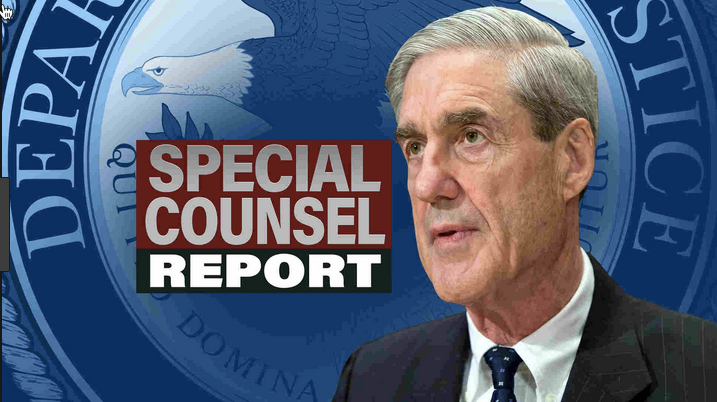The report of the special counsel Robert Mueller leaves considerable space for partisan warfare over the role of President Trump and his political campaign in Russia’s interference in the 2016 election. But one conclusion is categorical: “The Russian government interfered in the 2016 presidential election in sweeping and systematic fashion.”
That may sound like old news. The Justice Department’s indictment of 13 Russians and three companies in February 2018 laid bare much of the sophisticated Russian campaign to blacken the American democratic process and support the Trump campaign, including the theft of American identities and creation of phony political organizations to fan division on immigration, religion or race. The extensive hacks of Hillary Clinton’s campaign emails and a host of other dirty tricks have likewise been exhaustively chronicled.
But Russia’s interference in the campaign was the core issue that Mr. Mueller was appointed to investigate, and if he stopped short of accusing the Trump campaign of overtly cooperating with the Russians — the report mercifully rejects speaking of “collusion,” a term that has no meaning in American law — he was unequivocal on Russia’s culpability: “First, the Office determined that Russia’s two principal interference operations in the 2016 U.S. presidential election — the social media campaign and the hacking-and-dumping operations — violated U.S. criminal law.”




